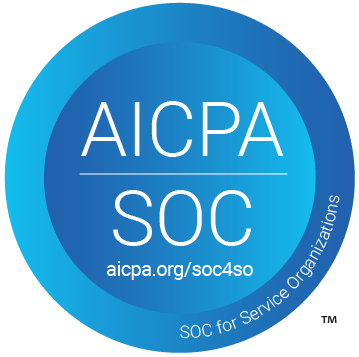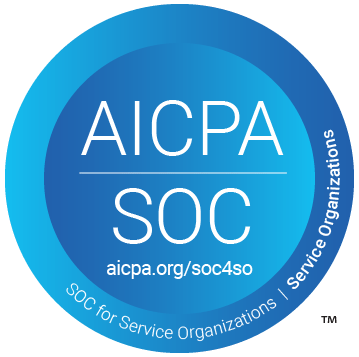Learn how to automate the creation of GitHub issue records in Notion using Pabbly Connect. Follow our step-by-step tutorial for seamless integration. Build sophisticated automated workflows in less time than you think. This guide translates complex integrations into straightforward steps for immediate implementation.
Watch Step By Step Video Tutorial Below
1. Setting Up Pabbly Connect for GitHub and Notion Integration
To create GitHub issue records in Notion automatically, the first step is to access Pabbly Connect. You can do this by visiting the Pabbly Connect website at www.Pabbly.com/connect. Here, you will find options to sign in or sign up for free. If you are a new user, signing up gives you 100 free tasks every month to explore Pabbly Connect’s features.
Once logged in, navigate to the dashboard where you can see all the applications available. Click on the ‘Access Now’ button for Pabbly Connect to start creating your automation workflow. This will take you to the workflow creation page where you can initiate the integration process.
2. Creating a New Workflow in Pabbly Connect
After accessing Pabbly Connect, click on the ‘Create Workflow’ button. You will be prompted to name your workflow. For this integration, name it ‘Create GitHub Issue Records in Notion Automatically’. Choose a folder for your workflow or create a new one if desired.
- Click on the ‘Create’ button to finalize your workflow setup.
- Select the trigger application as GitHub.
- Choose the event ‘New Issue’ to monitor GitHub for new issues.
After setting up the trigger, click on the ‘Connect’ button to link your GitHub account with Pabbly Connect. You will need to authorize access to your GitHub account to proceed.
3. Configuring the GitHub Trigger in Pabbly Connect
Once you have connected your GitHub account, you will need to select the owner of the GitHub repository and the assignee for the issues. This is essential for Pabbly Connect to capture the correct data when a new issue is created.
To test the connection, create a new issue in your GitHub account. Fill in the title and description of the issue, then click on the ‘Create’ button. This action will trigger Pabbly Connect to capture the issue details.
- Ensure you select the correct repository and provide a descriptive title and body for the issue.
- Click ‘Create’ to finalize the new issue in GitHub.
After creating the issue, return to Pabbly Connect to see if the response has been captured successfully. The details of the new issue, including the title and description, should now be visible in the trigger section.
4. Adding Notion as an Action Step in Pabbly Connect
Now that the GitHub trigger is working, the next step is to add Notion as the action application in Pabbly Connect. Click on ‘Add Action Step’ and select Notion from the list of applications.
For the action event, choose ‘Create Database Item’. This will allow you to create a new record in your Notion database each time a new issue is created in GitHub. Click on the ‘Connect’ button to link your Notion account, and authorize access as you did with GitHub.
Select the Notion page where you want to store the GitHub issues. Map the fields from the GitHub issue to the corresponding fields in your Notion database.
After mapping the fields, click on the ‘Save and Send Test Request’ button. This will create the database item in Notion with the details of the GitHub issue, confirming that the integration is working correctly.
5. Finalizing the Integration Between GitHub and Notion
With both the GitHub trigger and Notion action set up, your integration is now complete. Each time a new issue is created in GitHub, Pabbly Connect will automatically create a corresponding record in Notion. This automation saves time and helps maintain an organized record of issues.
To finalize, review your workflow in Pabbly Connect to ensure all connections are properly established. You can also test the workflow by creating another issue in GitHub and checking if it appears in your Notion database.
If everything is functioning as expected, you’ve successfully automated the process of creating GitHub issue records in Notion using Pabbly Connect. This integration enhances your workflow efficiency and keeps all your issue records neatly organized.
Conclusion
In this tutorial, we explored how to automate creating GitHub issue records in Notion using Pabbly Connect. By following the steps outlined, you can streamline your workflow and ensure that all issue details are recorded automatically in Notion.
Ensure you check out Pabbly Connect to create business automation workflows and reduce manual tasks. Pabbly Connect currently offer integration with 2,000+ applications.
- Check out Pabbly Connect – Automate your business workflows effortlessly!
- Sign Up Free – Start your journey with ease!
- 10,000+ Video Tutorials – Learn step by step!
- Join Pabbly Facebook Group – Connect with 21,000+ like minded people!






